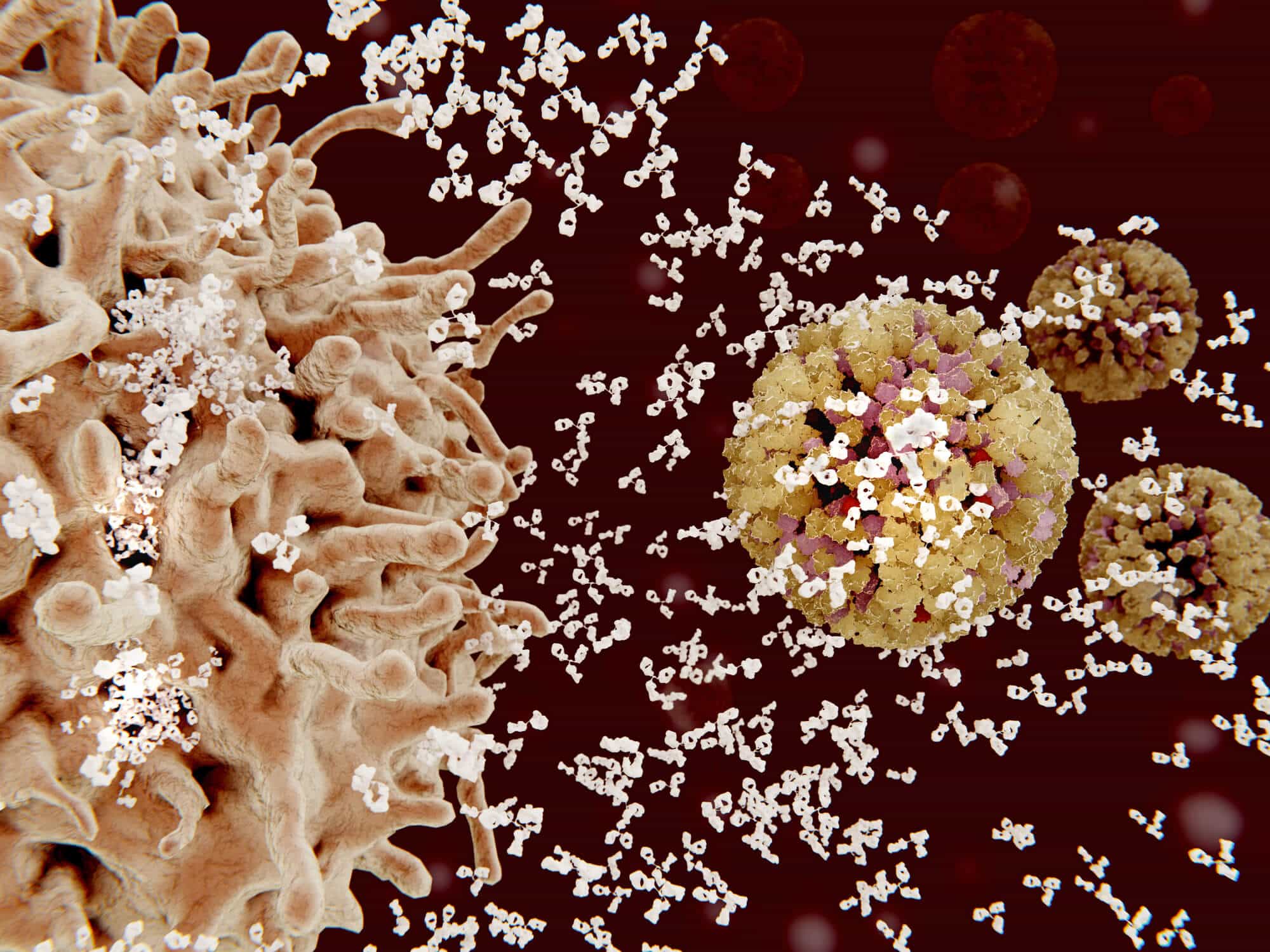Researchers at the Rappaport Faculty of Medicine at the Technion deciphered new aspects of the aging of the immune system - and discovered that it is possible to restore its youth

The corona epidemic that swept the world last year verified what we always knew: the elderly population is more vulnerable and weaker than the young population. This fact was manifested not only in more severe morbidity and greater mortality; Even the reactions to the vaccine against the corona virus were weaker among the elderly and lasted a shorter time.
why? Researchers at the Technion are now presenting new and surprising findings regarding the aging process of the immune system. Dr. Rim Dviri, under the guidance of Prof. Doron Melamed from the Faculty of Medicine"Q Rapaport, found an answer to the said question; In an article published in the journal B She explains how the aging mechanism of the components of the immune system works and, moreover, presents ways to "stimulate" it in the elderly person so that it responds better to new threats.
The current study focused on B cells, which are responsible for producing antibodies against pathogens (disease agents such as bacteria and viruses). When these cells are exposed to a new pathogen, which is unknown to them, they differentiate and become memory cells - life-extending cells that preserve the immune memory over time. When the body is exposed to the same pathogen again, the memory cells will recognize it and react quickly and powerfully. In fact, the vaccines given to us today are designed to achieve a similar effect - to produce an immune memory similar to that produced by exposure to the relevant pathogen.
Today we know that the formation of B cells in the elderly is not as effective as in the young, and as a result, the elderly are more exposed to pathogens - especially new pathogens such as the corona virus. Now, in an article in the journal Blood, Dr. Dviri and Prof. Melamed explain the mechanism that causes this decline in the immune system.
Technion researchers found that, like all body systems, the immune system also works to maintain homeostasis - that is, a stable and balanced state. They show in their work that as part of the homeostatic process, Old memory cells suppress the creation of cells B Young people by activating a unique hormonal pathway. As a result, the elderly person's immune system can respond effectively to pathogens it has encountered in the past, but has difficulty identifying and dealing with new threats such as the corona virus. For this exact reason, the effectiveness of vaccines in protecting against new pathogens is also not that high among older people.
Following the new findings, and an understanding of the signal transmission mechanism that causes the same decline in immune memory, the researchers decided to check if it is possible to turn the wheel, that is, to restore to the aged immune system the ability to recognize new pathogens and act against them. In joint work with the rheumatology and hematology departments at the Rambam Medical College and the Tel Aviv Medical Center A.S. Soraski (Ichilov) they tested this possibility in mice and humans.
The Technion researchers showed that By diluting the population of old memory cells, the hormonal pathway that leads to cell production is reactivated B New. In older people, this process led to the restoration of the immune system and the creation of young B cells capable of recognizing new pathogens and acting against them similar to the immune system of a young person.
According to Prof. Melamed, "We believe that our findings pave new ways to understand aging processes in the immune system. Equally important, from an applied point of view it may be possible to lead, by interfering with the hormonal pathway we found, to the production of young B cells in older people, thus ensuring not only longevity but also health."
